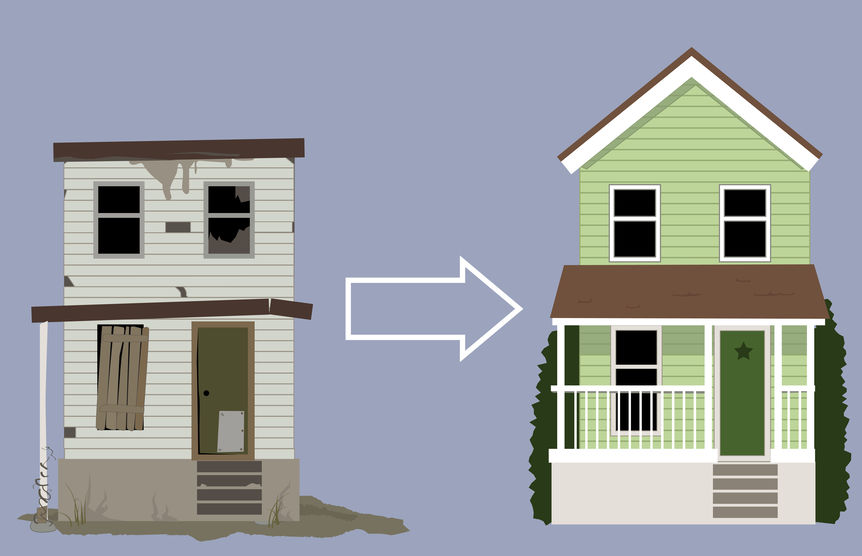In Florida, a residential tenant has a right to enjoy rented property peaceably and quietly. An act that interferes with this right may amount to what is known as “constructive eviction.” In the event of a constructive eviction, a tenant may terminate their lease with a landlord.
To establish a valid constructive eviction action against a landlord, a tenant must be able to prove:
- The landlord breached a duty to the tenant which substantially and materially deprived the tenant of his/her use and enjoyment of the premises;
- The tenant gave the landlord notice and a reasonable time to repair; and
- After such reasonable time, the tenant abandoned the property.
In almost every lease there exists an implied covenant of quiet enjoyment an implied warranty of habitability. The right to quiet enjoyment means that the tenant will be able to enjoy the property in peace. The implied warranty of habitability means the property is suitable and safe for living. Thus, a landlord has an implied duty to reasonably inspect the premises before allowing the tenant to take possession of the property.
Absent an express provision in the lease, a landlord is considered to have breached his duty if there are any disturbances to the tenant’s possession by the landlord, that renders the premises unfit, unsafe, or unsuitable for occupancy in whole or substantial part for the purposes for which the premises is leased, or that deprives the tenant of their beneficial enjoyment of the premises. If there is an express provision within the lease requiring the landlord to make certain specified repairs, and the landlord fails to make such repairs within a reasonable time after being notified by the tenant, the landlord could be held liable for constructive eviction.
After the tenant takes possession, the landlord has a continuing duty to exercise reasonable care to repair defective conditions upon notice of their existence by the tenant, unless the tenant waived the continuing duty. However, a residential landlord’s duty is limited to conditions that are inherently unsafe or dangerous that are not readily apparent to the tenant. A landlord also has an obligation to comply with all local housing codes, and absent such local housing codes, the landlord must, among other things, maintain and keep in good repair the roof, windows, screens, doors, floors, steps, porches, exterior walls, foundations, and all other structural elements, and the plumbing.
To claim constructive eviction a tenant must provide reasonable notice to the landlord of the alleged breach. A reasonable time for notice, as set out by Florida Statute §83.56, is 7 days, but is subject to the court’s discretion. The tenant must also abandon or surrender possession of the premises within a reasonable time after the unsafe or unfit condition arises. What is considered reasonable time, is not set out explicitly, but will instead be determined by the court on a case-by-case basis.








